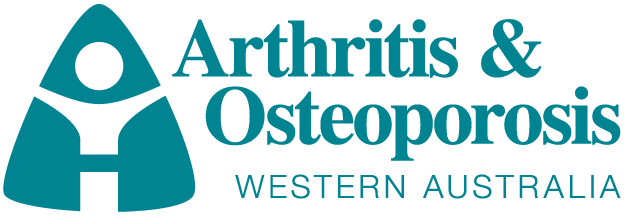THE THIRD INTER-DISCIPLINARY WORKSHOP FOR HEALTH PROFESSIONALS
NOVEMBER 14-15 th 2014
The late Robert Elvey, world-renowned Perth Manual Therapist, to whom these workshops are respectfully dedicated, would have been delighted at the enthusiasm and expertise with which our course content was delivered. Most of the attendees were physiotherapists, but there were also a few occupational therapists, podiatrists, and nurses.
As well being truly inter-disciplinary, the other outstanding feature was the participation of our seven Pain Champions, who engaged with the attending health professionals in an honest, open and non-confronting manner.
By the end of the second day, everyone, clinicians and patients, had been given the opportunity to experience what it is like to be together in the “third space” – a clinical space for healing where “you” and “me” can become “we”.
Day 1 was about how to create the therapeutic milieu, whereas on Day 2 participants were encouraged to acquire the necessary practical skills and explore how best to apply them to real life practice.
The presenting team, led by physiotherapist Melanie Galbraith and retired rheumatologist John Quintner, included Jane Muirhead, occupational therapist, Vance Locke, psychologist, and Mary Roberts, clinical psychologist (registrar).
Together they shared a wealth of knowledge and experience with participants, and gave them valuable insights into contemporary best-practice pain management and the various language traps to be recognized and avoided in order that they do not inadvertently stigmatise their patients.
Melanie contributed “hot off the press” news from the recent World Pain Conference in Buenos Aires. The most exciting advance was the isolation of the gene FKBP5, whose genetic variants can influence not only the severity of persistent post-traumatic musculoskeletal pain experienced during the weeks following a motor vehicle collision and after early life trauma. The field of epigenetics holds great promise in helping us to better understand many painful conditions and how to manage them.
The strength and weaknesses of the biomedical and biopsychosocial “models” of illness were explained and participants were then alerted to an emerging paradigm for Pain Medicine, one that transcends the body/mind dualistic thinking so stigmatizing to many people in chronic pain.
Although analgesic drugs were mentioned during the workshop, their relative inefficacy for most patients with chronic pain was emphasised. Instead, more emphasis was placed on understanding the complex clinical manifestations of stress response activation and the clinical consequences that can be observed when these responses are unable to switch themselves off when the danger or threat is no longer present.
The presenters explained the important role of non-drug contributions to pain management that can be offered by the different health professionals. The common theme running through their presentations was the importance of clinicians listening to, understanding, and continually validating the experiences of their patients. The fact that empathy has two sides (positive and negative) was also acknowledged.
Course registrants were provided with a number of key papers to read prior to attending and were also invited to complete an online questionnaire specifically designed to make them aware of their own beliefs and attitudes towards people in pain. They were asked to again complete the questionnaire two weeks after the course had concluded. The results form part of an important research project currently being undertaken by Samantha Bunzli, School of Physiotherapy, Curtin University.
Judging by the completed Course Evaluation forms it is clear that we are providing a unique learning experience for health professionals and, indirectly, for people in pain. To the best of our knowledge, our course is a unique one
Comments from participants:
“Thank you for holding such a relevant and insightful course.”
“Good experiences. Particularly the opportunity to interact/hear from those with chronic pain. The Pain Champions were very open and should be congratulated. The ideal outcome would be to have a list of practitioners/clinics of “like mind” to refer to if necessary.”
“I have enjoyed this course so much with the added benefit of having pain champions to tie all the information together, Thank you!”
“Good energy, enthusiasm, and, importantly, authenticity. It’s very clear you all have ‘purpose’ in this area. I enjoyed it and the humbleness of the group.”
We thank Jamie Martin, Vanessa Watson, Eva Miller, Barb Grinsell, Ezra Tassone, Chloe Hope Johnstone, and Matt Fletcher for so readily agreeing to take part in this workshop and for sharing so much of themselves with participants.
Please contact John Quintner: jqu33431@bigpond.net.au or Melanie Galbraith: MelanieG@arthritiswa.org.au
Report prepared by Melanie Galbraith and John Quintner, Course Co-Convenors.





